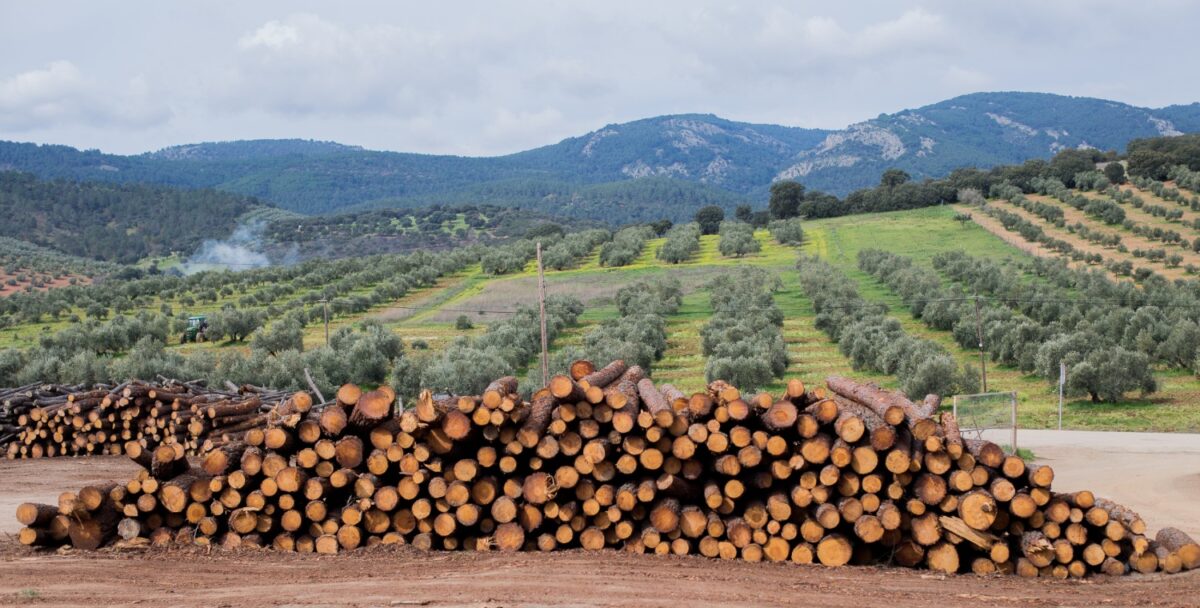Kenya Lifts Ban on Logging to Revitalize Economy, Creating Ripples for Agriculture and Climate Change

- The Kenyan Government’s Decision Aims to Balance Economic Growth, Job Creation, and Sustainable Forestry
In a recent announcement, Kenya’s President, William Ruto revealed the government’s decision to lift the six-year ban on logging in the country. This move comes as a response to the need for revitalizing economies in areas that heavily rely on forest products. Speaking at a church service in Molo, Nakuru County on 2nd July 2023, President Ruto emphasized the government’s commitment to sustainable logging practices, focusing on harvesting mature trees while simultaneously implementing tree-planting initiatives.
To promote locally made products, the Kenyan government has introduced a tax on all imported timber products in the national budget. President Ruto explained that this strategic step would encourage the growth of domestic industries and create employment opportunities for the youth. He further expressed his ambition to plant 15 billion trees over the next decade, ensuring a sustainable approach to forestry and climate change mitigation.
Over the past ten years, the logging industry has played a pivotal role in Kenya’s economy, particularly in providing employment to uneducated youth in urban areas. Regions such as Elburgon, Molo, Total areas in Nakuru, and Maji Mazuri in Eldama Gorge have heavily relied on the timber sector for employment. The industry has created jobs for various roles, including loaders, power saw operators, transporters, millers, and workers involved in clearing milling areas.
However, the ban on logging, enforced since February 2018 due to concerns over illegal logging and declining water levels in the country’s main rivers, has had a significant impact on these towns. Initially flourishing with a vibrant economy based on the lucrative timber trade since the 1990s, Elburgon and Molo have faced economic setbacks and witnessed the collapse of forest-dependent centers and communities.
A recent study conducted by the Kenya Forestry Research Institute (KEFRI) reveals the extent of the ban’s economic consequences. It estimates that Kenya Forestry Services suffered a loss of Sh4 billion in revenue and 44,000 jobs over the past six years. Moreover, the ban has contributed to the economic decline of forest-dependent regions and the loss of livelihoods for many.
President Ruto’s decision to lift the logging ban aims to strike a balance between economic growth, job creation, and sustainable forestry. While acknowledging the adverse impact of illegal logging and environmental concerns, the government seeks to regulate and monitor logging activities effectively. By implementing responsible logging practices, emphasizing reforestation, and supporting local industries, Kenya endeavors to harness the economic potential of its forests without compromising long-term environmental sustainability.
As the logging industry resumes operations, stakeholders and policymakers must work collaboratively to ensure that forestry practices align with climate change mitigation efforts. Sustainable logging methods, coupled with ambitious reforestation initiatives, will be crucial in preserving Kenya’s rich biodiversity and combatting the effects of climate change.



